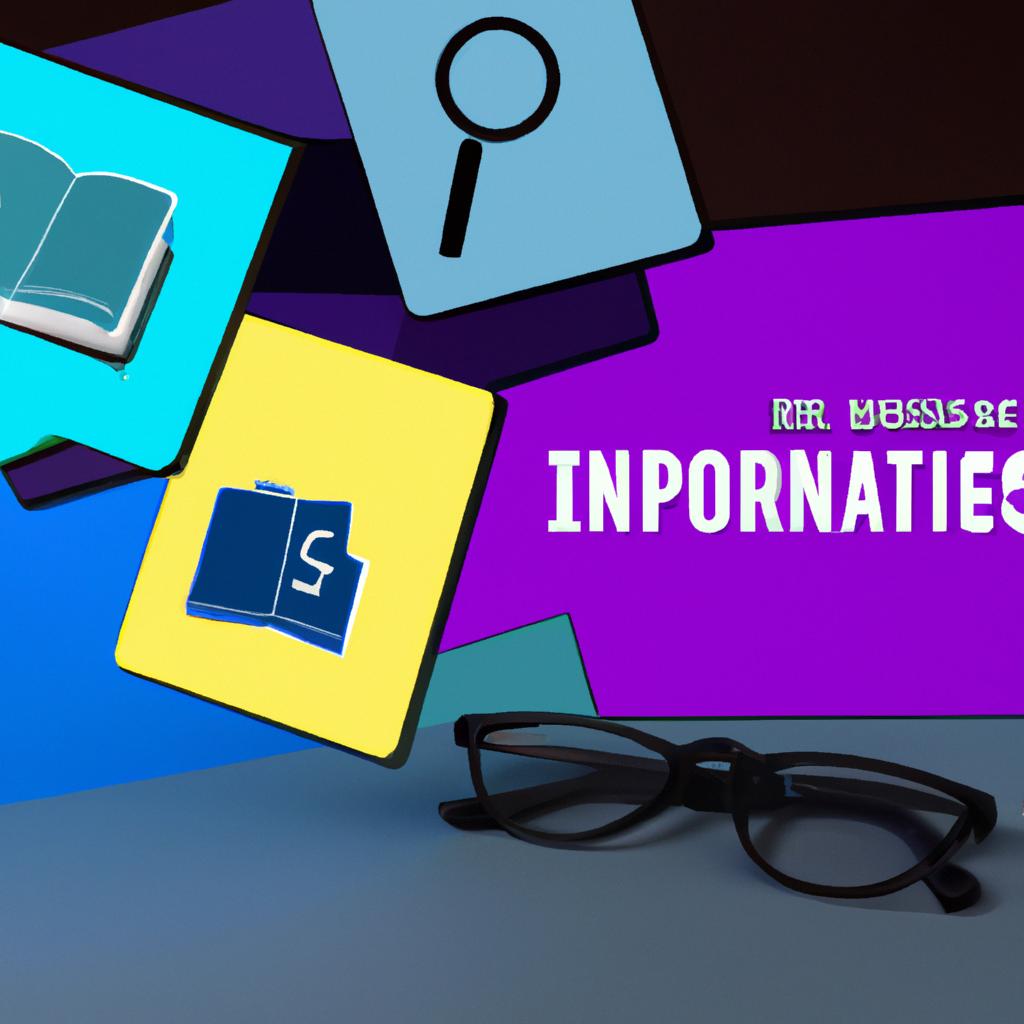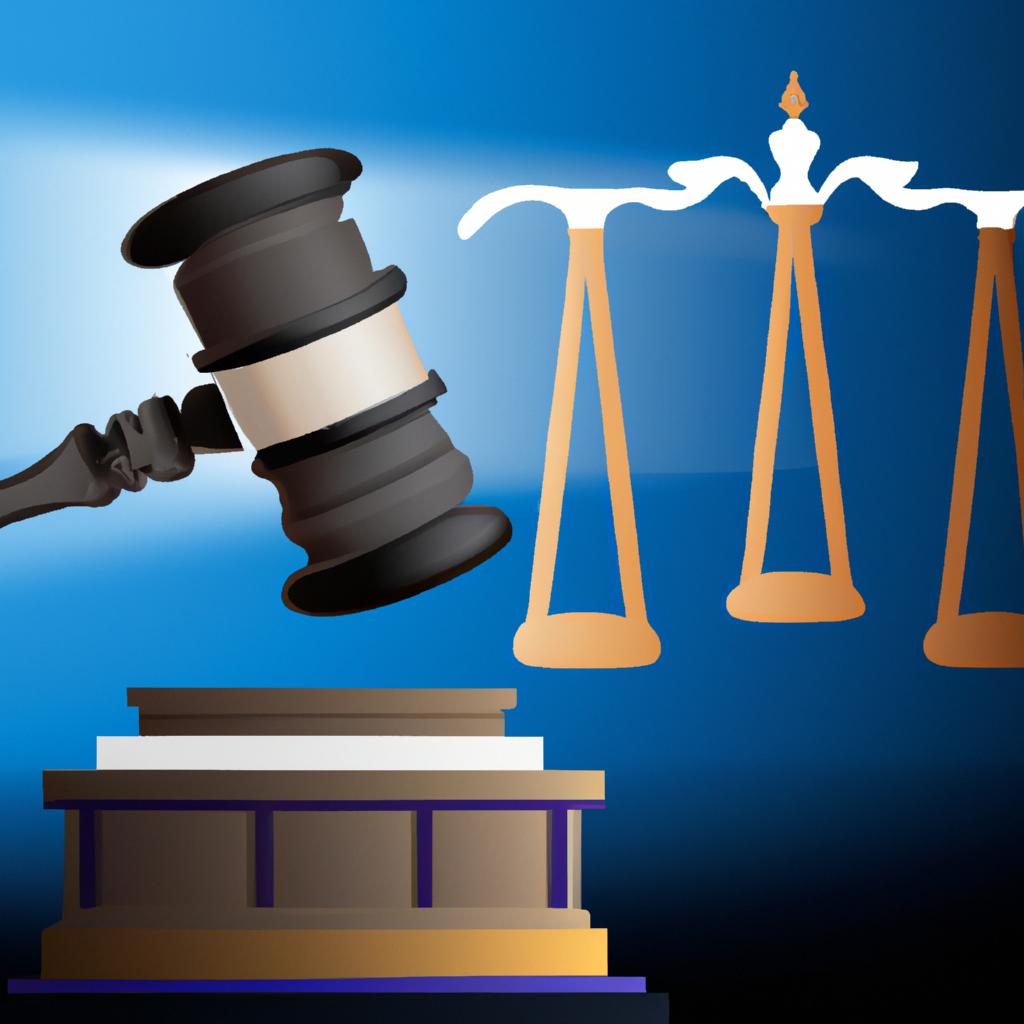As legal professionals, we understand the importance of keeping assets protected and ensuring the wishes of our clients are carried out effectively. One common concern among many individuals is how to determine whether a will has been formally filed with the appropriate authorities. This crucial step is often overlooked but can have significant implications in the event of the individual’s passing. In this article, we will explore the practical steps and resources available for individuals seeking to ascertain the existence of a filed will. Whether you are an executor, beneficiary, or concerned party, understanding the status of a will is essential in navigating the complex world of estate planning and probate. Let us guide you through the process with clarity and expertise.
– Understanding the Importance of Confirming the Existence of a Will
It is crucial to confirm the existence of a will to ensure that the deceased’s wishes are carried out according to their instructions. Without a will, the distribution of assets and property can become complicated and may not align with the deceased’s intentions. By verifying the existence of a will, you can avoid potential legal battles and ensure that the estate is settled smoothly.
There are several ways to find out if a will has been filed:
- Consult with the deceased’s attorney or financial advisor
- Contact the probate court in the county where the deceased lived
- Search for safe deposit boxes or home safes where the will may be stored
- Check with the deceased’s family members or close friends for information on the will’s whereabouts

– Exploring Different Methods to Determine if a Will has Been Filed
One method to determine if a will has been filed is to conduct a search at the probate court in the specific jurisdiction where the deceased individual resided. This can be done by visiting the court in person or by searching online through the court’s website. You will need to provide the name of the deceased and the date of their passing to access the records. Additionally, hiring an attorney who specializes in estate planning and probate matters can help navigate the process and ensure that all necessary steps are taken.
Another method to confirm if a will has been filed is to contact the deceased individual’s estate planning attorney, if known. The attorney may have a copy of the will on file or be able to provide information on whether a will was drafted and executed. It is important to gather as much information as possible, such as the attorney’s name and contact details, to facilitate the search. Keeping a detailed record of all communications and searches conducted can help in the event of any legal disputes or challenges to the will in the future.
| Probate Court Search | Visit the court in person or search online |
| Estate Planning Attorney | Contact the deceased’s attorney for information |

– Leveraging Legal Resources and Professional Assistance in the Search
To determine if a will has been filed, it is important to first gather information about the deceased individual. Contact the county clerk’s office where the person resided at the time of their passing. Ask if they have a record of a will being filed for that individual. Additionally, consider reaching out to the deceased person’s attorney, if known, as they may have information about the status of the will. It is also advisable to check the Surrogate’s Court in the county where the person lived, as wills are typically filed there for probate.
In some cases, hiring a probate attorney or estate lawyer may be necessary to assist in locating the will. These professionals have the expertise and resources to conduct a thorough search and access legal databases that may contain information about filed wills. They can also provide guidance on the legal steps to take if a will is not found. It is important to act swiftly in these matters, as delays in locating a will can result in complications during the probate process. Remember, consulting with legal professionals can help alleviate the stress and confusion that often accompanies the search for a filed will.
– Taking Necessary Steps to Protect Your Interests in Case of an Unfiled Will
When dealing with the absence of a filed will, it is essential to take the necessary steps to protect your interests. One of the first things you should do is to ensure that a will actually exists. This can be done by checking with the deceased person’s attorney or contacting the local probate court to see if a will has been filed. If a will has not been filed, it is important to gather any relevant documents that could potentially be a will, such as handwritten notes or letters.
It is also recommended to consult with an experienced estate planning attorney who can guide you through the process of determining the next steps to take. An attorney can assist you in understanding your legal rights, determining the appropriate legal actions to take, and protecting your interests in the event of an unfiled will. Remember, it is crucial to act promptly and seek professional legal advice to avoid any potential disputes or complications in the future.
Q&A
Q: How can I find out if a will has been filed?
A: If you suspect that a loved one may have left a will, there are several steps you can take to find out if it has been filed.
Q: Where can I start looking for a filed will?
A: The first place to check is the probate court in the county where the deceased resided. You can contact the court clerk to inquire about the existence of a filed will.
Q: What information do I need to provide when searching for a will?
A: You will likely need to provide the name of the deceased, their date of death, and their last known address to assist the court in locating any filed documents.
Q: Are there any online resources available for searching for a will?
A: Some probate courts may have online databases that allow you to search for filed wills. Alternatively, there are private websites that offer will search services for a fee.
Q: What if I am unable to locate a will through the probate court?
A: If you are unable to find a will through the probate court, you may need to seek the assistance of a probate attorney who can help you explore other avenues for locating the document.
Q: Is it important to find a filed will?
A: Yes, it is crucial to determine if a will has been filed as it can provide important information about the deceased’s final wishes and how their estate should be distributed.
Concluding Remarks
In conclusion, discovering whether a will has been filed can be a complex and emotional process. However, with the right resources and guidance, you can navigate the legal system and find the information you need. Remember to approach the situation with patience and understanding, as dealing with wills and estates can be a sensitive matter. If you are struggling to locate a will, don’t hesitate to seek assistance from legal professionals or estate planners. With time and diligence, you can ensure that the wishes of your loved one are honored and respected.
 “How Can I Find Out If a Will Has Been Filed?” A Comprehensive Guide for Peace of Mind
“How Can I Find Out If a Will Has Been Filed?” A Comprehensive Guide for Peace of Mind
Losing a loved one is a difficult and emotional experience, and dealing with the aftermath can be overwhelming. One important aspect that needs to be navigated after someone’s passing is the handling of their estate, including any will that may have been left behind. But what happens if you’re not sure whether a will has been filed? This can be a source of stress and confusion, but it’s important to take the necessary steps to determine the status of a will. In this comprehensive guide, we’ll discuss everything you need to know about finding out if a will has been filed and how to navigate this process with ease.
What is a Will?
Before diving into the topic of finding out if a will has been filed, let’s first understand what a will is. A will, also known as a last will and testament, is a legal document that outlines an individual’s final wishes for how their assets and estate should be distributed after their death. It is usually drafted by a lawyer and signed by the individual in the presence of witnesses. A will can also include instructions for the care of any minor children, funeral arrangements, and the appointment of an executor to handle the distribution of the estate.
Why is it Important to Know if a Will Has Been Filed?
Knowing whether a will has been filed is crucial for many reasons. First and foremost, it gives you an understanding of the deceased’s final wishes and how their assets and estate should be handled. Without a will, the distribution of assets is left up to the state’s laws, which may not align with the individual’s own wishes. Additionally, if you have been named as an executor of the will, it is your responsibility to locate the document and begin the probate process.
How to Find Out if a Will Has Been Filed?
Now that we’ve established the importance of determining whether a will has been filed, let’s discuss the steps you can take to find out the status of a will.
1. Contact the Executors or Next of Kin
The first step is to reach out to the executor of the will, if there is one named, or the deceased’s next of kin. They may have knowledge of the existence of a will or be able to provide you with more information about its whereabouts. If the individual had a lawyer, their office may also have a copy of the will or information regarding its filing.
2. Check the Probate Court Records
If you are not able to obtain any information from the executor or next of kin, the next step is to check the probate court records. These are public records and can be accessed by anyone. You can either visit the probate court in person or search online for any records pertaining to the individual’s name. This may provide you with the necessary information about the status of a will.
3. Hire a Private Investigator
If the above steps do not yield any results, you can consider hiring a private investigator. They have the skills and resources to conduct a thorough search and may be able to find any information about the existence of a will. However, this option can be quite expensive, and there is no guarantee of success.
4. Search the Safe Deposit Box
Many people choose to keep their wills in a safe deposit box for safekeeping. If you have knowledge of the deceased’s box and have access to it, you may be able to find the will there. However, keep in mind that this option is only relevant if the individual had a safe deposit box and if you have access to it.
What are the Next Steps?
Once you have determined that a will has indeed been filed, there are a few next steps you should take.
1. Obtain a Copy of the Will
The first step is to obtain a certified copy of the will from the probate court. This will act as an official document that proves the existence of the will and its contents.
2. Notify Relevant Parties
Once you have the certified copy of the will, it’s important to notify all relevant parties, such as beneficiaries and creditors, of the individual’s passing and the existence of the will. This will ensure that everyone is aware of the situation and can participate in the probate process.
3. Begin the Probate Process
The probate process is necessary to legally distribute the assets and estate of the deceased according to their final wishes. This process includes validating the will, paying off any debts or taxes, and distributing assets to beneficiaries.
Tips for Finding a Will
Finding a will may not always be a straightforward process, especially if the individual did not inform anyone of its location. Here are a few tips to keep in mind when searching for a will:
– Look for any safe deposit boxes or hidden compartments in the deceased’s home.
– Check bank statements for any payments to a lawyer or legal fees, which may indicate the drafting of a will.
– Ask other family members or close friends if they have any knowledge of a will.
– Check with the state’s unclaimed property office, as sometimes wills are left unclaimed.
– Look through the individual’s personal belongings for any clues or documents related to a will.
In Conclusion
Dealing with the loss of a loved one is never easy, but taking the necessary steps to determine the status of a will can provide much-needed closure and clarity. By following the steps outlined in this guide, you can easily find out if a will has been filed and take the appropriate next steps. If you are unsure about the probate process or require legal advice, it’s always best to consult a lawyer. Remember, having a will in place can help alleviate some of the stress and uncertainty for your loved ones after you are gone, so it’s important to draft one as soon as possible. So, always make sure to take the time to plan for your future and your loved ones’ peace of mind.


